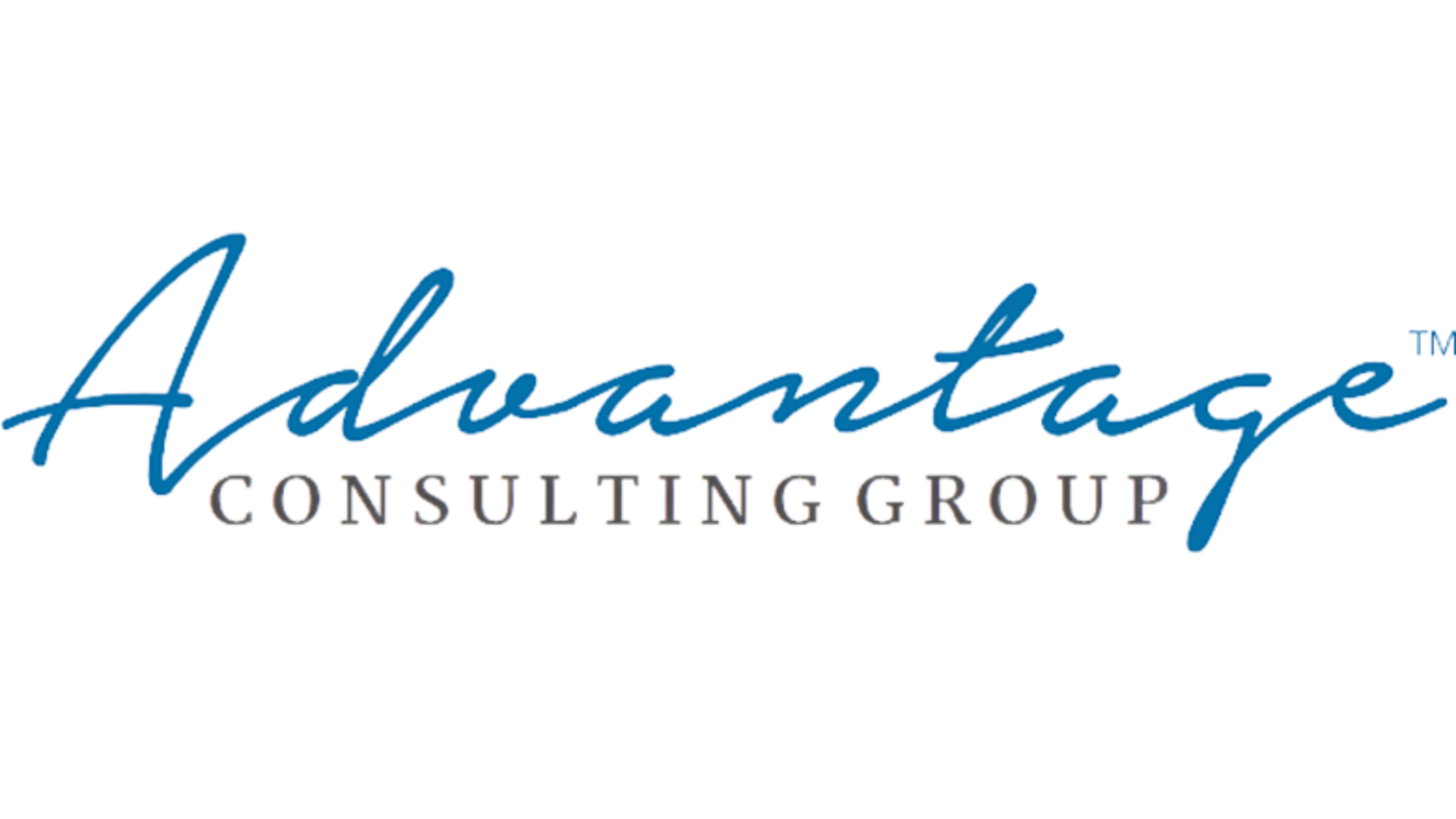In the realm of business, especially within B2B sectors, employee engagement is a pivotal factor that transcends mere job satisfaction, manifesting as a genuine connection between employees and their company's goals. This intrinsic motivation is the engine behind productivity, innovation, and a thriving work culture. But how can organizations foster this engagement?
The Essence of Engagement
At its core, employee engagement encapsulates the emotional and psychological investment employees make toward their company's success. It's the difference between clocking in for the paycheck and passionately pursuing the company's objectives as if they were one's own. This heightened level of commitment is reflected in the quality of work, innovation, and the collaborative spirit within the workplace.
But why is this so crucial in a B2B context? Because businesses serving other businesses thrive on long-term relationships, dependability, and high-quality service, all outcomes of a highly engaged workforce. Engaged employees are more likely to go the extra mile, ensuring that client projects are not just completed but are executed with excellence.
Strategies for Elevating Engagement
Fostering a conducive environment for engagement doesn't happen overnight. It requires strategic planning, consistent effort, and a deep understanding of what drives your workforce. Here are some refined strategies that can make a significant difference.
Fostering Open Communication
Transparency and open lines of communication build the foundation of trust within any organization. When employees feel their opinions and ideas are valued, they're more likely to contribute actively and engage with their work deeply. Regular town hall meetings, anonymous suggestion boxes, and open-door policies with management can encourage this openness.
Recognition and Rewards
Human beings have an innate desire to be recognized for their efforts. In a B2B setting, where the fruits of one's labor might not always be immediately visible, recognizing both small wins and significant achievements becomes even more crucial. Personalized rewards, shout-outs in company meetings, and performance-based incentives can keep the morale high and engagement soaring.
Professional Development Opportunities
The modern workforce, especially the burgeoning millennial and Gen Z populations, places a premium on learning and growth opportunities. By providing avenues for professional development, such as workshops, seminars, and access to online courses, companies can signal their investment in their employees' futures. This not only aids in skill development but also fosters a sense of loyalty and engagement.
Prioritizing Work-Life Balance
The advent of remote work and digital communication tools has blurred the lines between personal and professional life. Companies that respect and promote a healthy work-life balance are more likely to have engaged employees. Flexible working hours, remote work options, and mental health days are practices that can contribute to this balance.
Leveraging Technology for Engagement
In our digital age, technology offers innovative solutions to boost engagement. From collaboration tools like Slack and Asana to engagement platforms like Officevibe and TINYpulse, technology can streamline communication, facilitate feedback, and offer insights into team dynamics. Gamification of tasks and achievements can also add an element of fun and competition, driving engagement further.
Building a Culture of Engagement
Creating a culture that naturally fosters employee engagement is the ultimate goal. This involves integrating the above strategies into the very fabric of the organization's operations and values. It's about creating a workspace where employees feel safe to express themselves, are excited about their growth prospects, and are fully aligned with the company's objectives.
Real-world examples of companies that excel in employee engagement often showcase a common theme: they listen to their employees, adapt to their needs, and continuously strive to improve the working environment. For instance, Google's famous '20% time', allowing employees to spend 20% of their time on projects they're passionate about, has led to innovations like AdSense and Gmail.
The Path to Enhanced Engagement
In the competitive landscape of B2B businesses, where relationships and service quality are paramount, employee engagement can be a significant differentiator. By implementing the strategies discussed, companies can not only increase engagement but also build a loyal, productive, and innovative workforce that's fully aligned with their business objectives.
Remember, the path to enhanced engagement is a journey, not a destination. It requires ongoing effort, adaptability, and a genuine commitment to valuing and understanding your workforce. In doing so, businesses can unlock the full potential of their teams, leading to sustainable growth and success in the B2B arena.

